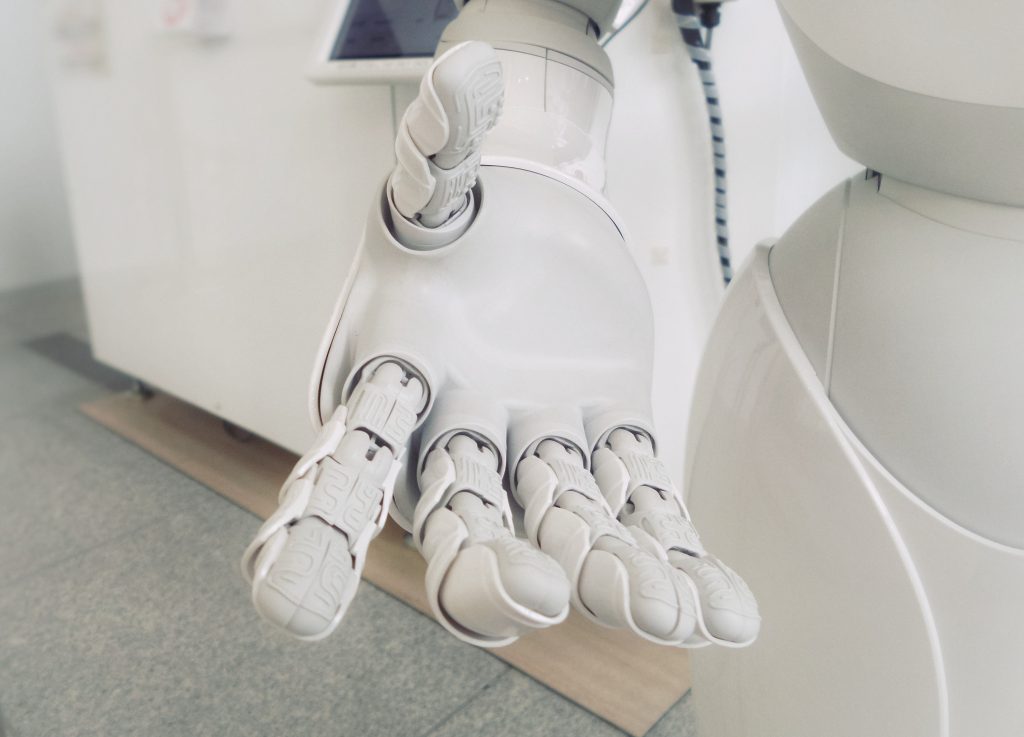
“Have you ever felt like a robot at work? Well, with the rise of AI and automation, this feeling might become even more common. That’s why we’re launching a research project to investigate how AI@work affects work engagement.”
chatGPT
The words above are how the renowned AI tool chatGPT summarises our new research project which aims at investigating how increased AI/automated-supported work influence work engagement. Alarming reports show that negative work-related emotions are climbing and we ask if increased AI and automation has a role in this.
The use of robots, automation, and AI in the workplace has become increasingly common in recent years. While there has been a significant interest in the technical development, the impact of these technologies on work engagement is not well understood. Similarly, we see multiple theories on work engagement in psychological and organisational research, but these say very little about the digital aspects of a workplace. How may technology affect a sustainable and productive state where employees are present and truly engaged in their work tasks? In our newly initiated research project, we intend to address this knowledge gap.
With a human-centred approach and research methods such as ethnographic field studies and interviews, we will conduct studies across three different sectors: the IT sector, the agricultural sector, and the metallic industry sector. These three sectors have been selected to ensure a broad context for our research. At a first glance, the sectors might seem to have nothing in common but they are all currently exposed to automation and AI, although the technology has completely different purposes across the sectors. For example, the use of AI tools in programming, or automated milking systems used in the agricultural sector.
What we learn from studying AI and automated-supported work and its influence on work engagement in different sectors will be used to develop a theoretical framework. This framework aims to be a useful tool for organisations to embrace opportunities while mitigating risks related to increasingly digital work environments and work engagement. Accordingly, we intend for the project to have both scientific, practical, and societal impact and look forward to continuing blogging about updates as the project progresses.

0 Comments
1 Pingback